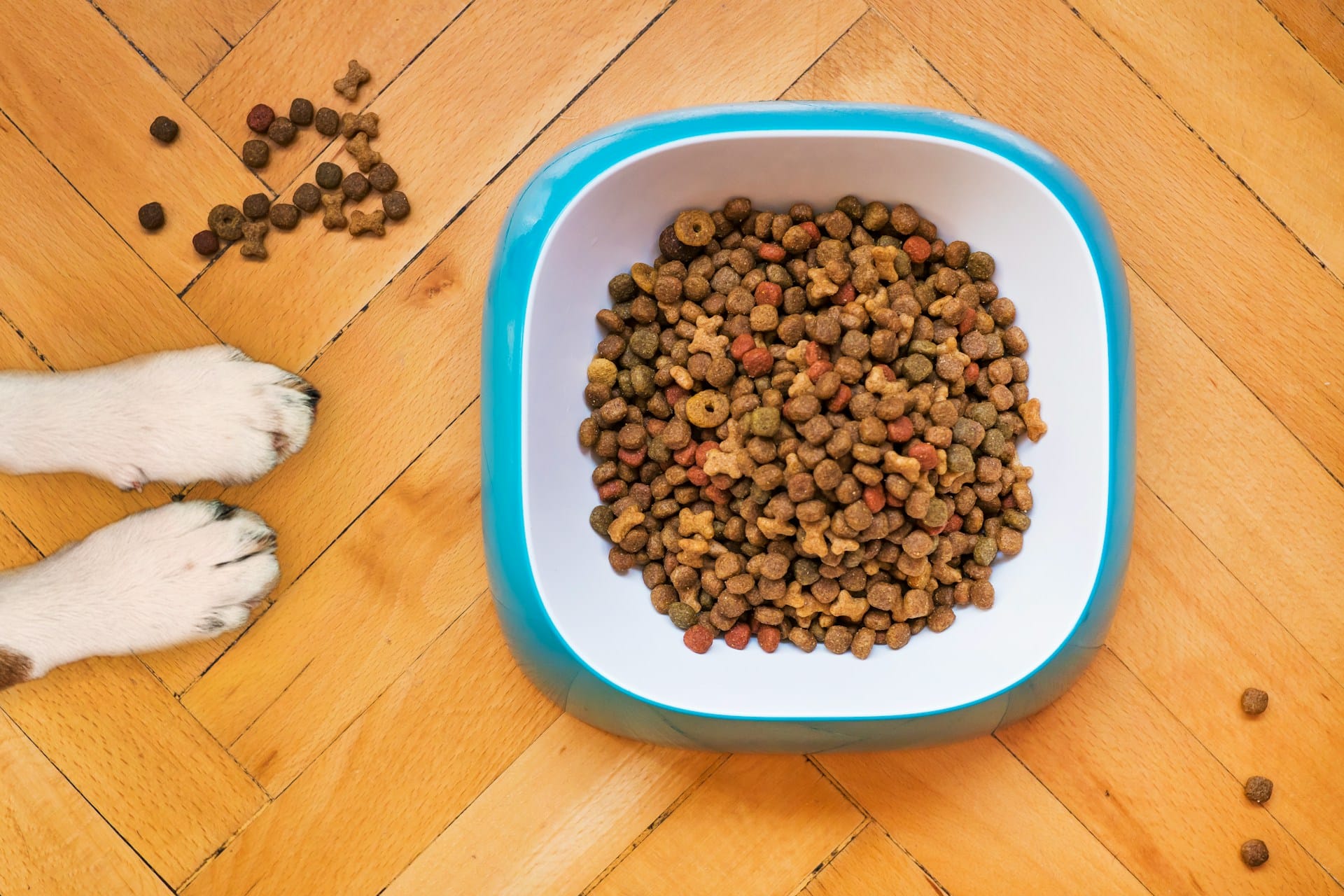Choosing the right food for your pups is crucial for their health and well-being. Here’s a guide to help you make the best decision:
Age and Size:
- Puppy Formula: Look for food specifically labeled for puppies, which is balanced for growth and development.
- Size-Specific Needs: Large breeds may benefit from specialized formulas to support joint health and controlled growth, while smaller breeds might need calorie-dense options.
Nutritional Balance:
- Ensure the food has a good balance of proteins, fats, carbohydrates, vitamins, and minerals.
- Look for high-quality protein sources as the primary ingredient.
Dry vs. Wet Food:
- Dry Food: Convenient, promotes dental health, and is often cheaper.
- Wet Food: More palatable and hydrating, can be mixed with dry food.
Quality Ingredients:
- Choose foods with recognizable, natural ingredients. Avoid artificial colors, flavors, or preservatives.
- Consider foods with Omega-3 and Omega-6 fatty acids for skin and coat health.
Allergies and Sensitivities:
- If your pup shows signs of allergies (itching, digestive issues), discuss with your vet and consider limited ingredient or grain-free options.
Brand Reputation:
- Research brands and choose those with a good reputation for quality and safety.
- Check for recall histories and certifications.
Consult Your Veterinarian:
- They can recommend specific brands or formulations based on your puppy’s breed, health, and lifestyle.
Trial and Observation:
- Once you choose a food, monitor your puppy for changes in energy levels, coat quality, stool consistency, and overall health.
Transitioning Foods:
- Gradually introduce new food over 7-10 days to avoid digestive upset, slowly increasing the new food while decreasing the old.
Feeding Schedule:
- Puppies usually eat 3-4 times a day. Follow package guidelines for portion sizes, adjusting as necessary for your puppy’s needs and activity level.
By focusing on these elements, you can ensure that your pups have a nutritious and balanced diet to support their growth and health.


